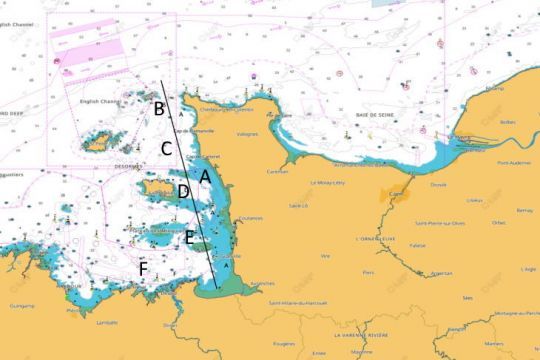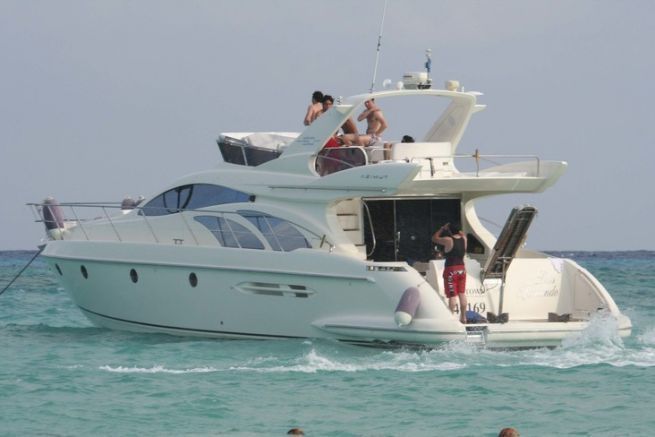It may happen that a yachtsman sails on the fringe, that is to say in the zone bordering the border between French territorial waters and those of another country.
As soon as the limit of these waters is crossed, the boat leaves the French territory and finds itself, in fact, in another country. In this case, the rules and laws inherent to this country must be applied.
This is, for example, the case when sailing around Saint-Malo or off Menton, in the Ligurian Sea.
Definition of territorial waters
The International Maritime Organization defines territorial waters as being within 12 miles of the baseline ( the lowest point of the highest tide ). Once these territorial waters are passed, one enters the contiguous zone, within which the state has the right of customs and pursuit, as long as the control or pursuit on purpose has started in its territorial waters.
In which cases should the laws of the coastal country be applied?
The principle of territoriality applies when there is no contiguous zone. In other words, once the twelve-mile band has been crossed, the yachtsman immediately finds himself in the twelve-mile band of another state. He falls, as soon as this limit is crossed, under the territoriality of the following state.

In this example (which is not to scale) off the Cotentin, several territoriality zones coexist:
- A This area is exclusively managed by France
- B is the area under the authority of the Island of Alderney
- It is managed by Guernsey
- D is under Jersey authority
- E is also under Jersey authority
- F returns under French authority
In this case, there is no zone of contiguity.
When does the law of the flag apply?
Several exceptions exist for navigations outside its territorial waters. This is known as the law of the flag. It is the legislation of the state of the flag flown by the vessel that applies and governs
- Births
- Deaths
- Contracts signed on board the boat.
It is this last point that is probably the most important. Indeed, a contract which would be legal signed on the British territory ( gambling for example ) would be rendered null and void if it was signed on a vessel flying the French flag. At least, if it does not comply with French legislation.
Special case for large sums of money
A particular case exists in France. It concerns "large" sums of money. Indeed, once a sum of 10,000 euros in cash is on board the boat, a declaration must be made to customs both when leaving territorial waters and when entering these waters.
This declaration must be made before the movement (entry or exit), either via the online service Dalia of the French customs, or by mail.









